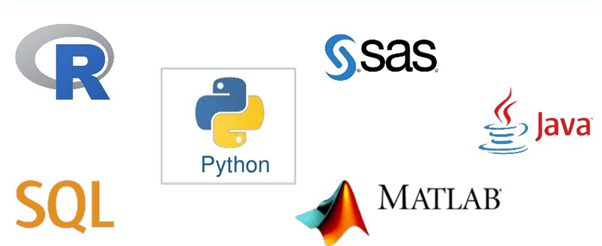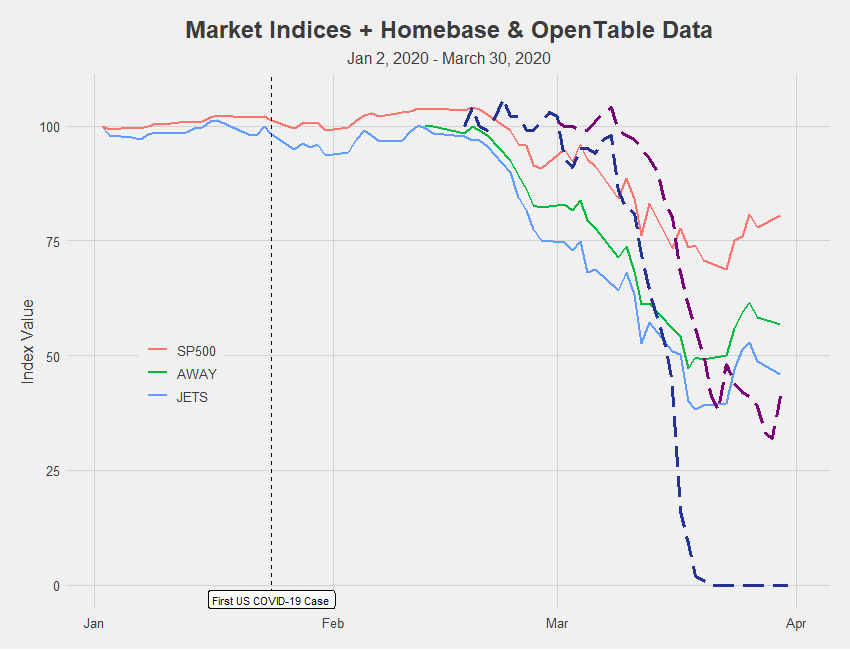How is your Career Trajectory Impacted after a Stint in Consulting?
You’ve read this far which means you now have a grasp of the consulting industry, what consultants actually do day-to-day, and how to land a job in the industry - but what happens next? I would say it is a given that people will usually work as a consultant for at least two years, but why two years?
In consulting, we like to say there are different decision points as you move up the ladder where you must decide on your career trajectory. Decision points are unique to industries like consulting and investment banking since these industries have very defined career trajectories. For example, in consulting, there are two general trajectories: the partner track or you gather experience then leave the firm. For example, the partner track looks like this:
Image from Innosight: https://www.innosight.com/careers/your-future-at-innosight/
At each decision point, you either choose to continue and work towards becoming a partner at the firm, or you leave to pursue other endeavors.
The Partner Track
Let’s first talk about the “partner track” in consulting, so you can get some clarity on what that career trajectory looks like. The first thing you should know is that it’s very difficult to know if you are cut out to be a partner when you just started as a consultant. For example, consultants are solely executors, whereas partners play the roles of executor and salesmen/women. As a partner, you are expected to provide feedback and drive the narrative of a project, while also constantly looking for new opportunities to sell new projects. On top of the project-related tasks, partners also help run their office via finances, HR, and other general tasks relevant to any business.
Another factor that makes the partner track interesting is the concept of the partnership. The term partner is not just some cool title for a big wig, but rather refers to the idea that the partners of a consulting firm all own a percentage of the company. Thus, when you first buy into the partnership, you must make a significant financial investment to take some ownership of the firm. Once you become a partner, you’ve made it, but you’ve also dedicated your career to the field since leaving the partnership and selling your shares is a very difficult undertaking. In conclusion, partners make a ton of money, but they also sacrifice a lot, demonstrate loyalty, and wear many imperative hats for the firm.
Exit Opportunities
On the other hand, you have the more common route which is to gather experience as a consultant and then jump into another role or go back to school. One of the big draws of consulting is the job sometimes acts as a bridge between school and your long-term career. Oftentimes, people will work in consulting because they want exposure to different industries or are unsure which professional occupation suits them best, and consulting provides a golden “lame-duck” period to gather some great experience as you figure out the right path.
To be clear, this is not frowned upon in the industry as this is part of the consulting culture. As a consultant, you often work plenty of hours and are sometimes exposed to high-stress situations. Thus it’s natural in industries like consulting to have turnover, and some people even go into consulting with the idea they will stick it out for two years then leave for greener pastures. Usually each time you are up for promotion, you begin to think about your long-term prospects at the firm, and how long you see yourself staying in consulting. Yet, either way, the experience you gain in consulting is invaluable and makes you a great candidate for a diverse range of jobs. If you do choose this route, just know you will have met plenty of cool people and gained valuable experience along the way.
So, that’s that. Hopefully you now have a more nuanced understanding of consulting and have the tools to decide if this industry is the right fit for you. With that being said, I wish you the best of luck, and if you’re eager to learn more about the industry check out what some real consultants have to say on our career exploration page.
Which map will you explore next?






A comprehensive guide to all things data science, including resources for learning data science methods and terminology to guides on recruiting for data science jobs.